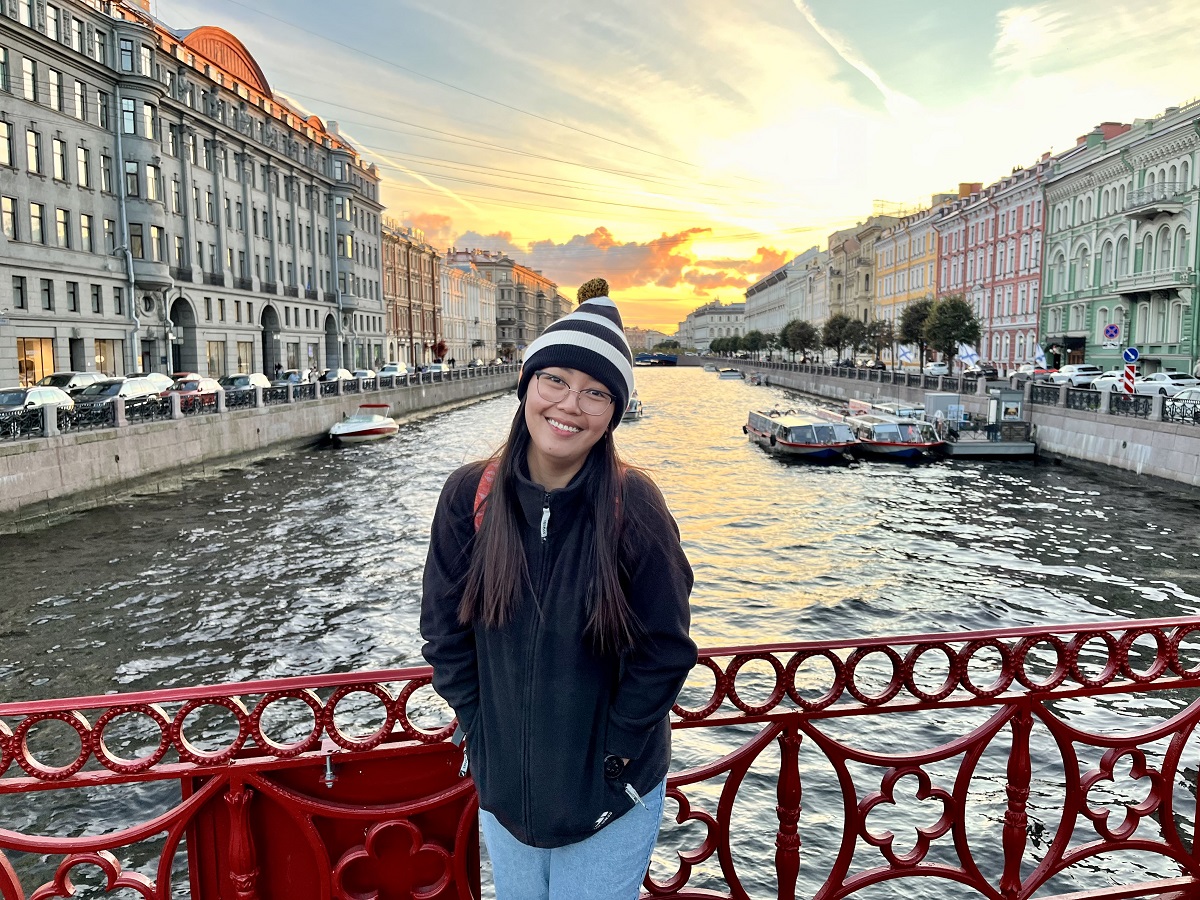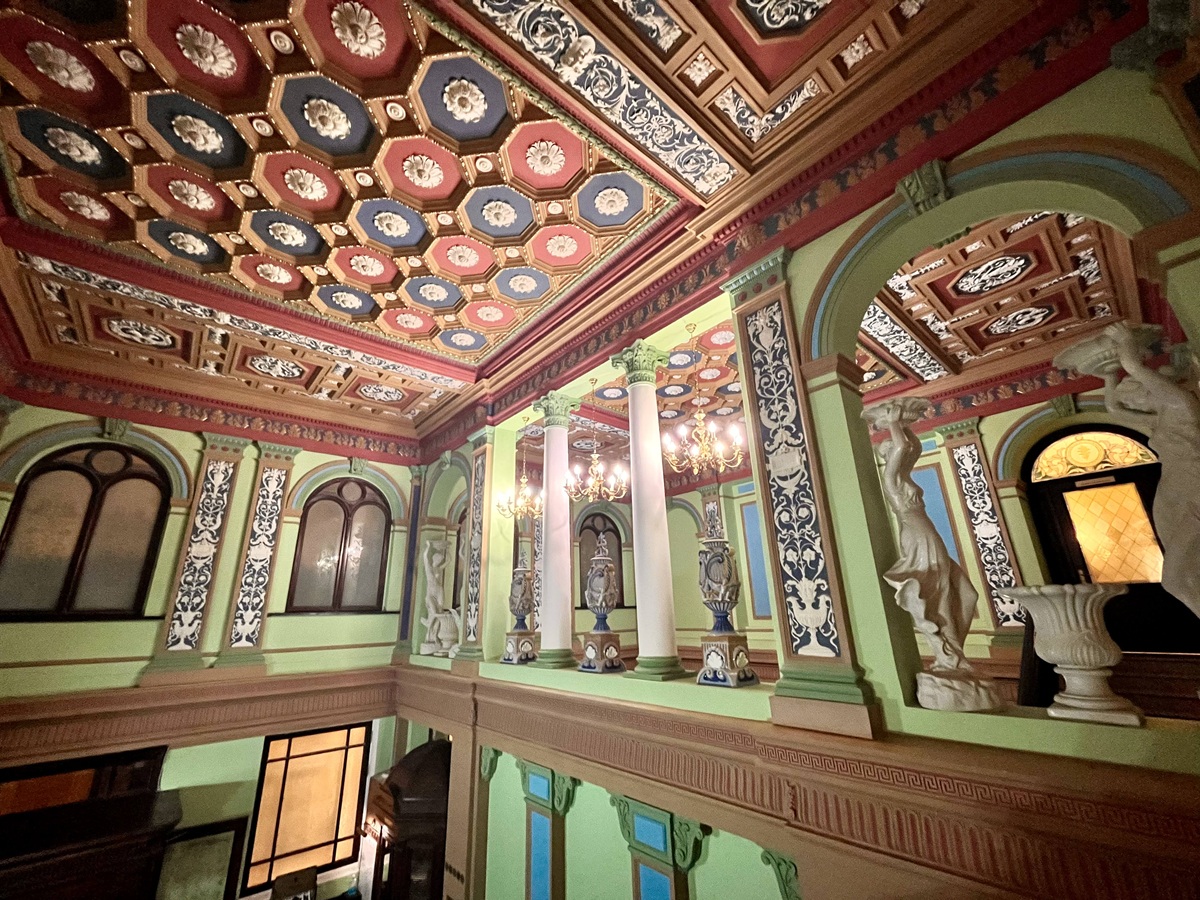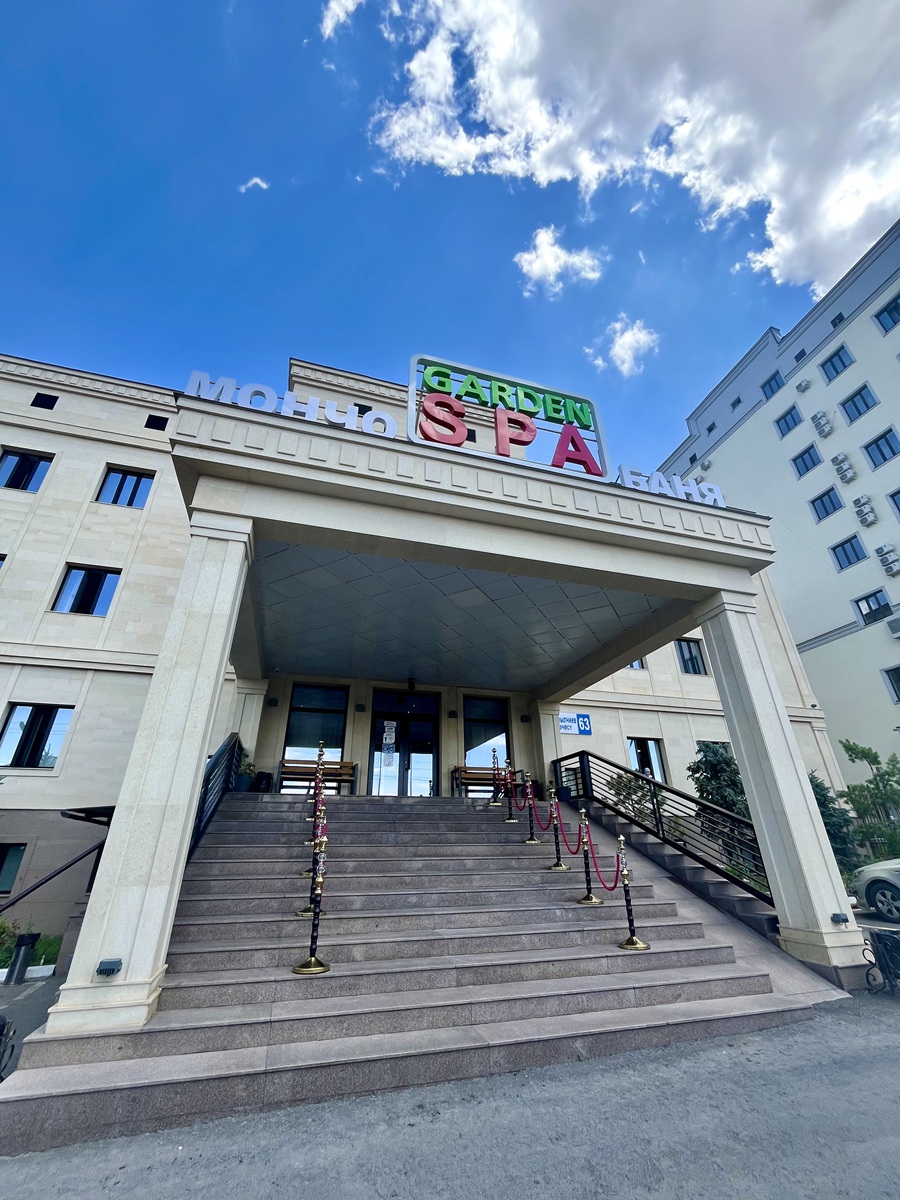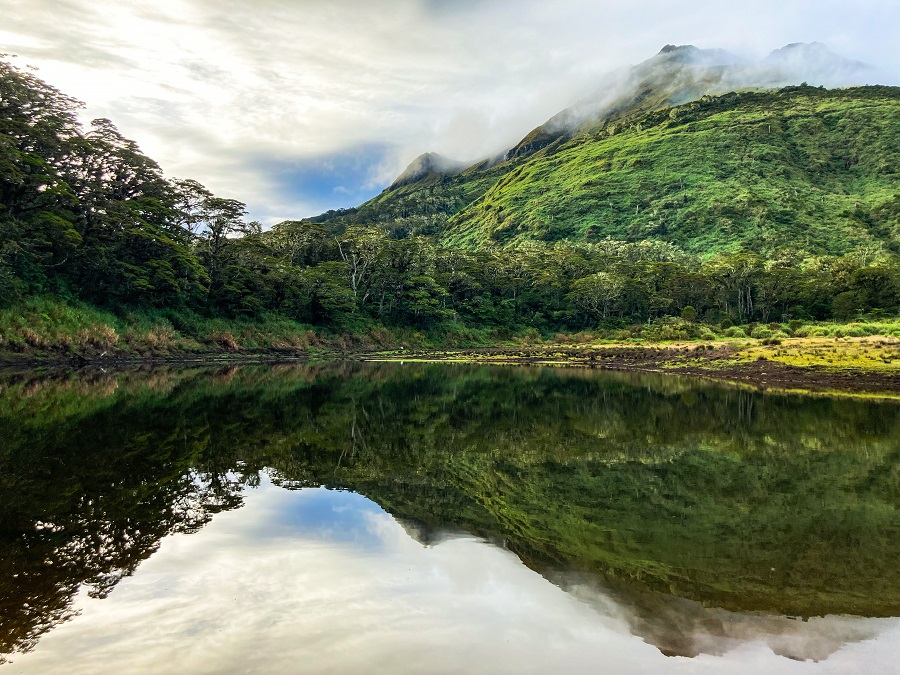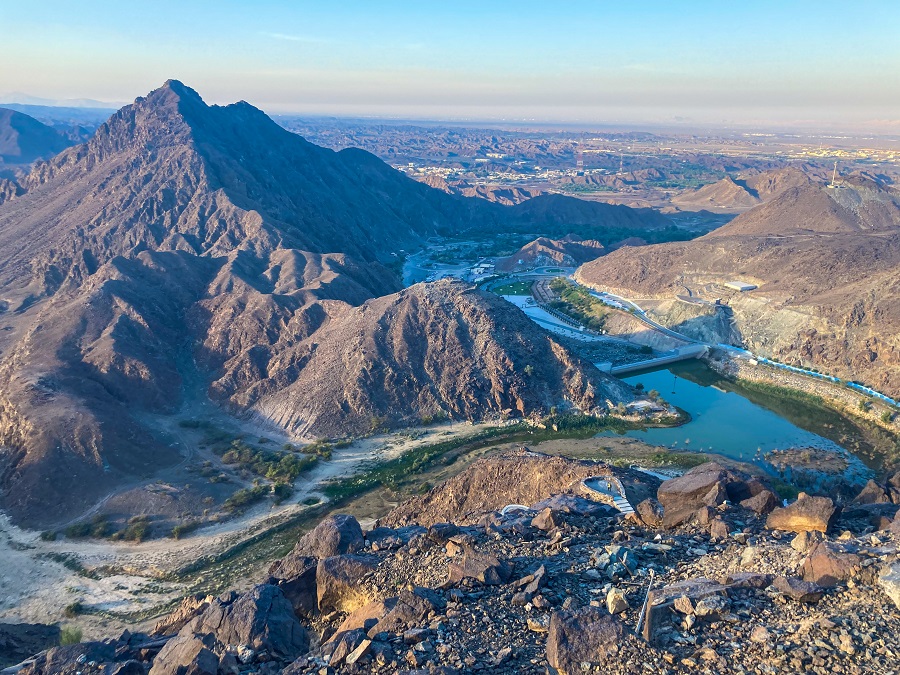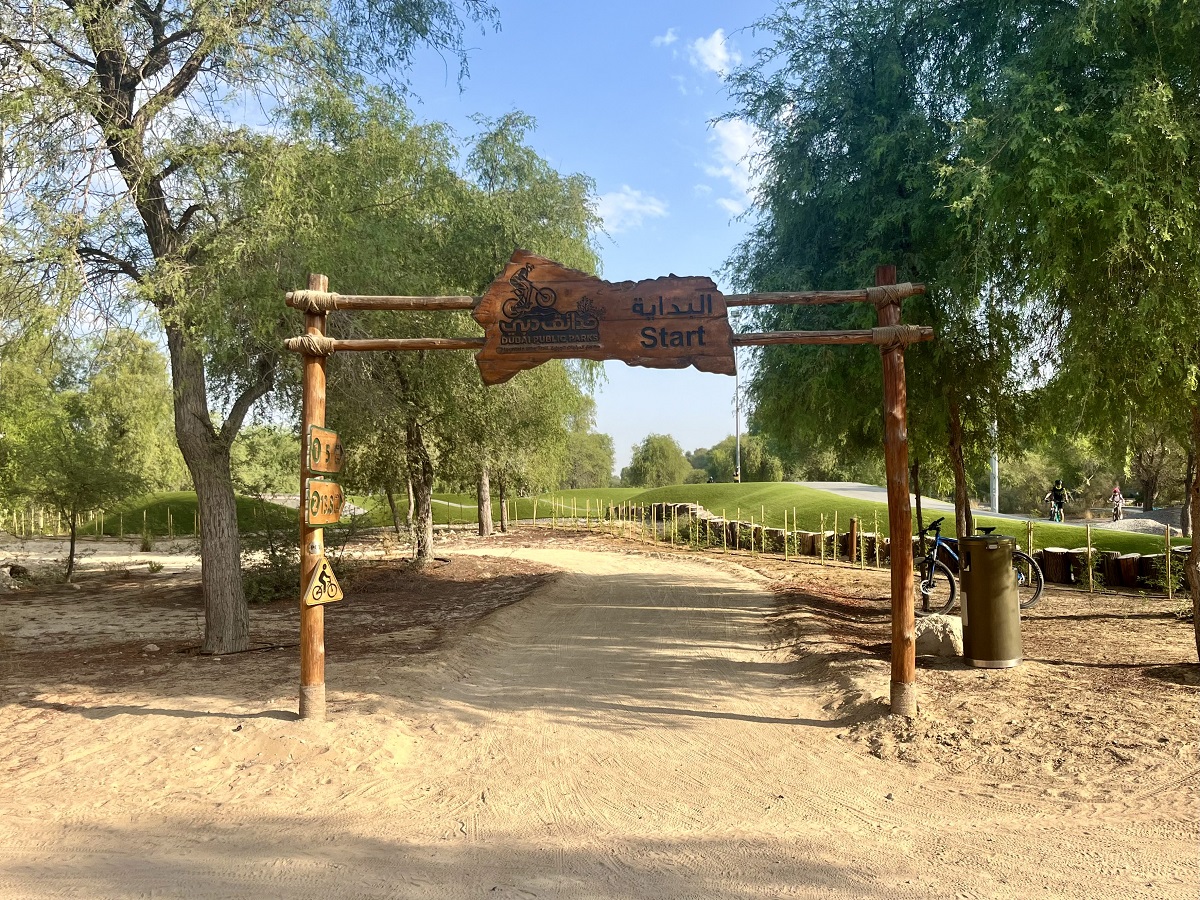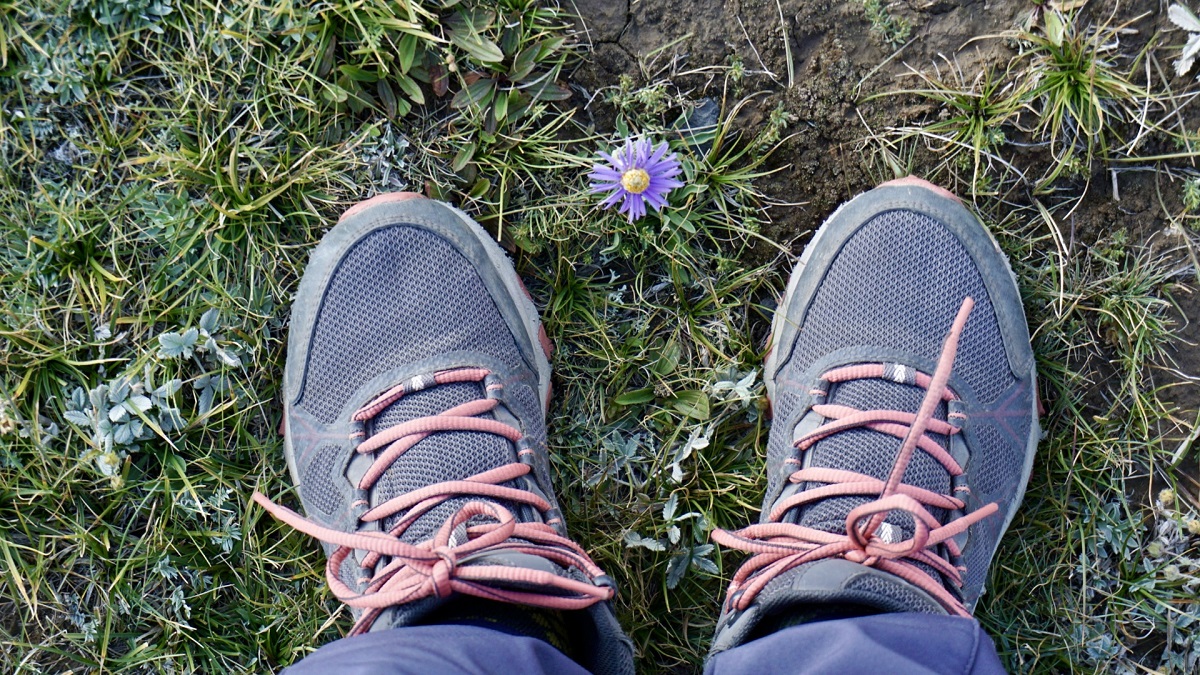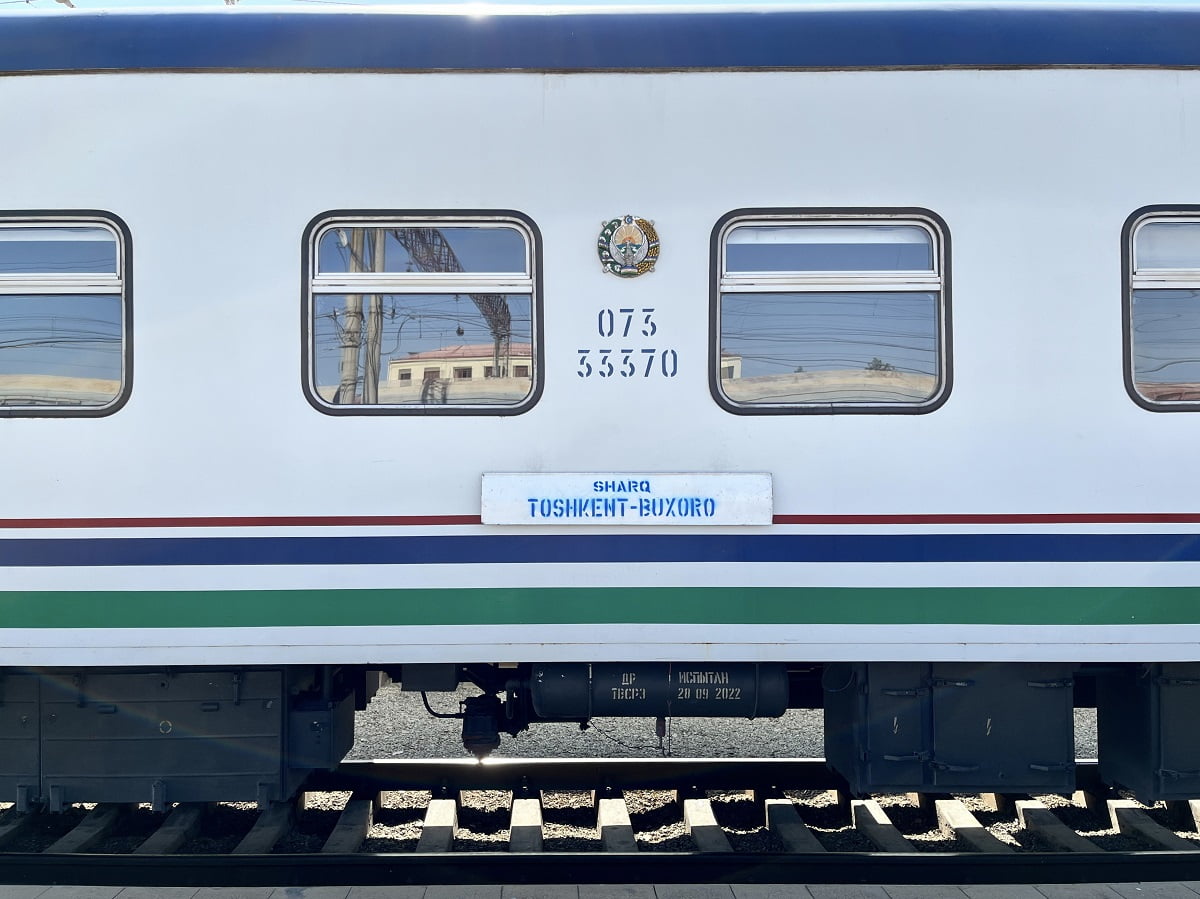A question that many of us often ask is, "How can I fund my travel? Where do you get the money?" We tend to think that those who travel a lot must be wealthy. When I started traveling a few years ago, I was that curious person who read every blog out there, hoping to find the magic answer. Ten years later, I’ve learned there’s no magic answer—but for a good reason.
Over time, as I began to travel more frequently, I started receiving a lot of compliments and questions about my trips, like:
- "Wow, unli funds" - In English it means "Wow, you have unlimited funds"
- "Sana all" - This has no direct translation in English but it's like "If only everyone had like that" or "If only everybody could be like you"
- Do you even work?
Reflecting on these comments, I realized that many people are in the same place I was ten years ago, viewing travel as a luxury that only the rich can afford.
As a way of 'paying it forward,' I think it’s finally time for me to share the strategies and know-how I’ve learned about funding travel. I want to note that none of what's written below is solely my idea; instead, these are collective ideas I’ve gathered from across the internet that have proven efficient for me over the years. Take this with an open mind, and keep experimenting to find what works best for you. Shall we?
1. The Importance of Research
Before you start building your travel fund, it's crucial to do your research. Research everything about the destination you're planning to visit—not just the tourist spots, but also the culture, the local cost of living, and even the locals' way of life.
Both aspects are equally important and I highly recommend practicing it as much as you can. With this, you will be able to avoid tourist traps and unnecessary expenses. At the same time, having a better understanding and doing the locals' way will lead to a richer and more meaningful experience. Instead of seeing the destination through rose-colored glasses, you’ll immerse yourself fully in the culture, gaining insights and perspectives that go beyond the typical tourist experience.
When it comes to researching the destinations (related to budget), here are my go-to resources:
- Numbeo.com - It is the world’s largest cost-of-living database, it provides average costs of dining, groceries, transportation, utilities, clothes, and even rent. While it doesn’t indicate travel costs, it gives you a clear idea of your buying power in a specific city.
- BudgetYourTrip - This online travel guide offers average daily expenses based on your travel style—whether you're on a budget, mid-range, or luxury trip.
- Viator & GetYourGuide - These platforms are online marketplaces where you can find day tours, activities, and other travel-related services. I always check these sites to get an idea of the average cost of tours and tour companies in specific destinations.
- Instagram - Yes, the social media platform is more powerful than you think. Not only can you check the presence of tour operators and their services, but you can also get recommendations, referrals, and even tips from others.
FUN FACT 💭: Most of my hikes in Central Asia were recommended by content creators and influencers!
- Katie Macleod (@katie.marie) recommended Beka (@kyrgyzgirl__) for my hike in Ala Archa National Park in Kyrgyzstan
- Amirbek Mirzaev (@amirzaev_) recommended Dilmurad (@axmedov_dilmurad) for my hike to Big Chimgan in Uzbekistan
- Talgat Bekmagambetov (@talashin) recommended Aibek (@erkaibek) where I joined the group hike in Shymbulak in Kazakhstan
I can’t thank these people enough for connecting me to such wonderful people! So don’t be shy—ask around! Use social media to your advantage because, after all, it’s for socializing!
2. Defining YOUR Travel Budget
While doing your research, for the love of the Universe, DO NOT blindly rely on fellow travelers' expenses. It's okay to use them as a rough estimate, but ALWAYS remember that no two travelers are the same.
While similarities exist, your interests, preferences, and appetite for adventure are all unique. These factors will heavily influence your travel budget.
Remember, your travel is personal and so are your activities. Therefore, your budget should be tailored to fit your activities and plans. If you decide to ask fellow travelers about their experiences and expenses, make sure to inquire about their travel style, preferences in accommodation and transportation, and the activities they participated in. This will give you a clearer understanding of how their expenses might compare to yours.
Here are the things I factor into my travel expenses:
- Visa (if applicable)
- Travel Insurance (always take one even if you're on a budget)
- Flight & All Transportation Costs
- Accommodation
- Meals, Souvenirs, Miscellaneous
- Activities
- Extra for Emergency (always prepare extra for emergencies!)
And don't forget, always round up your expenses by 25% to account for inflation!
3. Building Your Travel Fund
Now that you have an idea of your upcoming travel expenses, it's time to fund your travel.
Set up a Travel Fund in your Savings
Like most of you, I'm just an ordinary employee—no fancy titles, no commissions, and no yearly bonuses. But coming from a not-so-privileged family, I learned about money early on. Not in a financial guru kind of way, but I learned the power of savings.
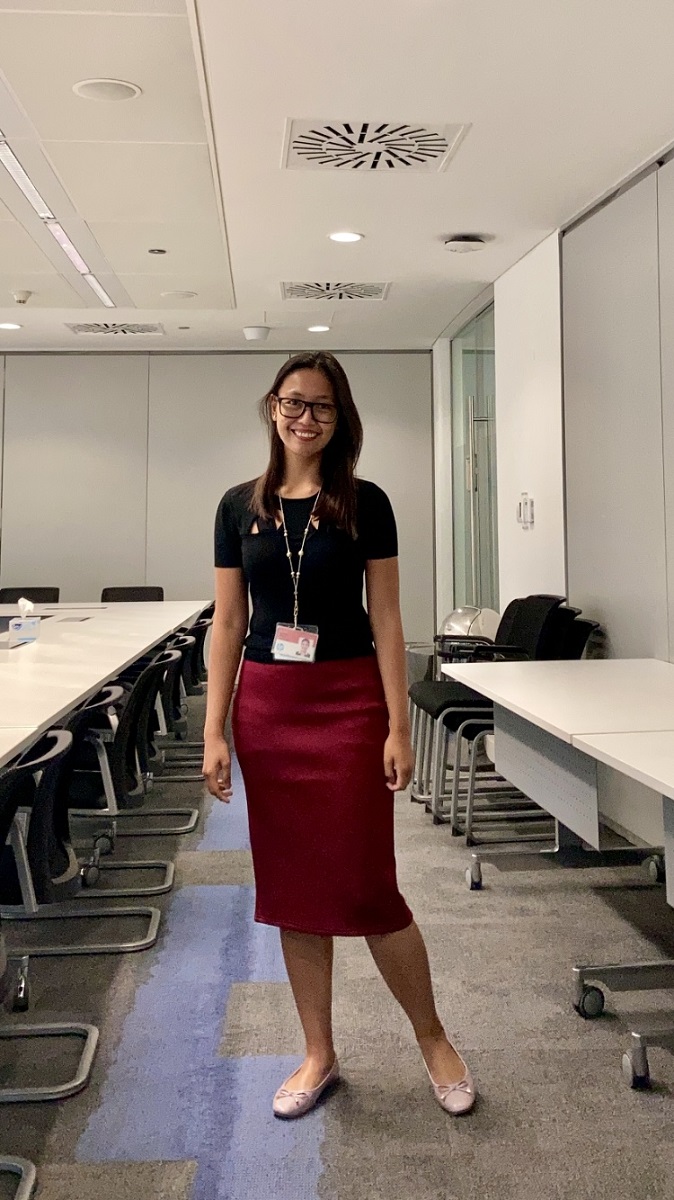
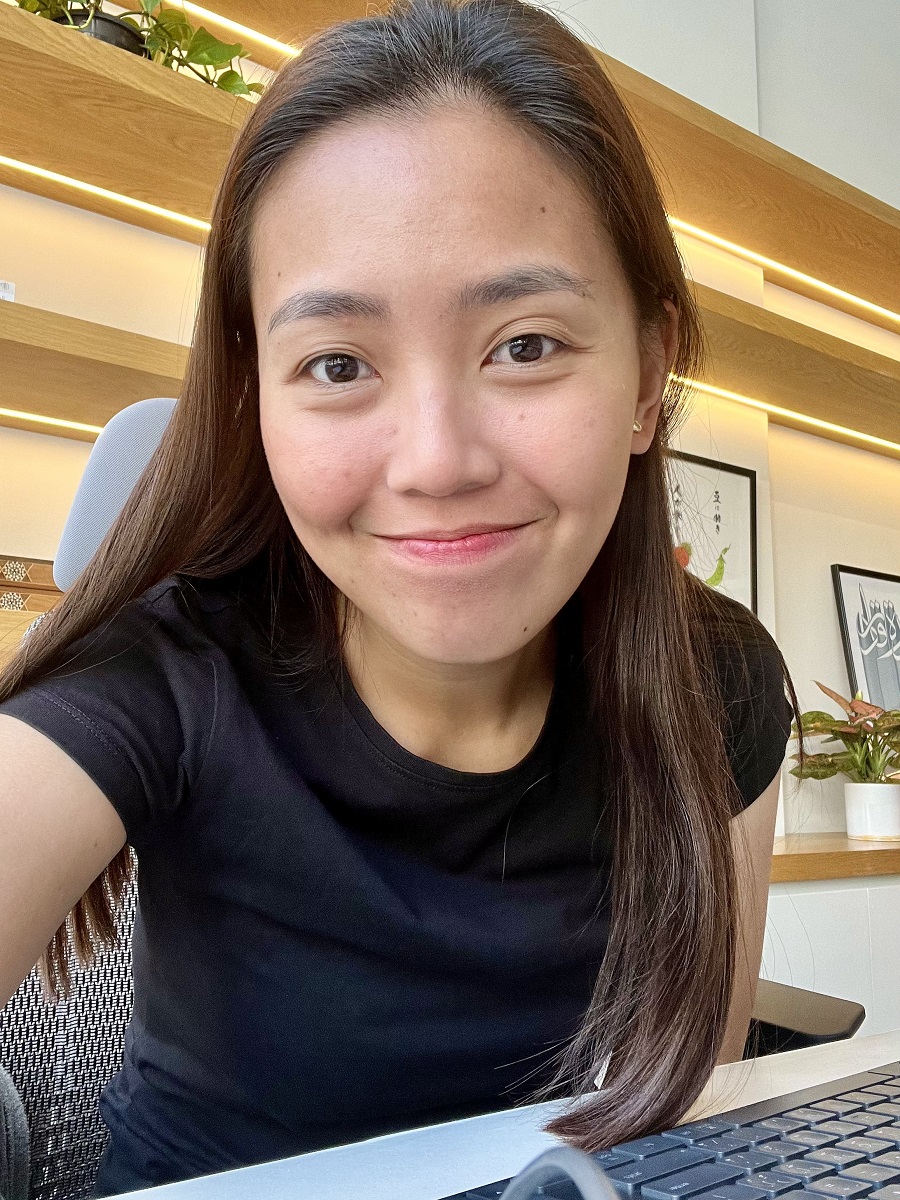
We all have responsibilities, priorities, and bills to pay. Who doesn't? But because travel is something I love, I also consider it a PRIORITY. I want it, so I make a way for it. Pretty simple.
So, what I do—whether I have an upcoming trip or not—is pinch an amount from my income and put it directly into my travel fund. I’ve been doing this for a very looooong time. I kept adding as religiously as I could, even when I had debts and bills to pay in the past. Oh, and did I mention that the amount doesn’t matter? Yes, it doesn’t.
What matters here is building the habit of saving, which also helps you develop a delayed gratification mentality. It’s all about consistency over quantity.
Additionally, beyond saving money, here are a few practices I follow that benefit my travel goals:
- Using a savings program with a higher return of interest.
- Paying for big purchases in one go instead of using installment plans to avoid service fees and interest.
- Staying loyal to airlines and collecting miles to convert into cash later on.
- Collecting points from credit cards and using them for travel-related purchases or redeeming them as cash value.
As your savings grow, so does your excitement for the trip. In return, you feel motivated to add more until you reach your travel budget. You might even make some lifestyle shifts to save more money, which is my next point below.
Cutting Back on Expenses
Yes, you saw it coming because every blog says so. And it's repeated often for a good reason. Cutting back on expenses isn’t about punishing ourselves; it’s the result of a lifestyle shift where we choose to spend our money elsewhere. Think of it as the ‘girl math’ of travel.
Let's use my personal experience as examples below:
- Not owning a car: I’m dying to have a car here in the UAE so that I can hike whenever and wherever I want. But when I consider the costs of getting a driver’s license and the monthly expenses of owning a car, I realize that I could visit 2-3 countries with that same amount.
- No luxury or designer items: This is an easy one. One high-end item could easily fund a trip to at least one country in Central Asia—maybe even two!
- No fancy brunches in Dubai, smoking, alcohol, vices, etc.: These could easily cover my flight expenses. Do I even need to explain further? 😉
There are things I still splurge on, like coffee. It’s always the first thing people say to cut back on, but I can’t. Coffee runs in my blood! So, I chose the most affordable option by making coffee at home but still treat myself to coffee outside from time to time.
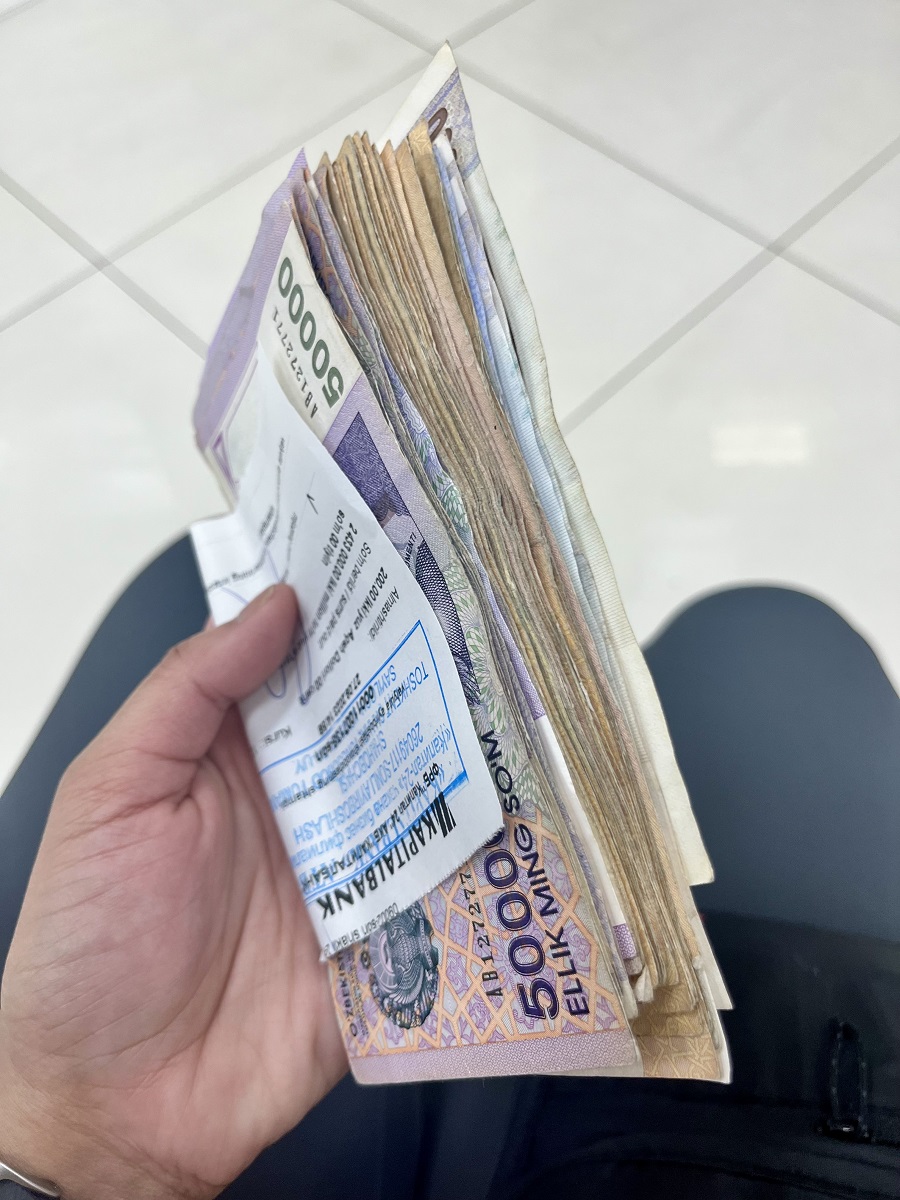
You see, it’s not about deprivation. It’s about shifting your priorities when it comes to spending.
Freelancing Projects or Side Gigs
Last but not least, consider finding an additional source of income. In a world where inflation is at an all-time high, relying solely on your primary income might not be enough, even without factoring in travel expenses. With the rise of freelancing and remote work, now is the time to start taking advantage of these opportunities before the market becomes oversaturated (and trust me, it’s on its way). Not only can you earn extra money to add to your travel fund, but you also develop new skills, which can be beneficial in the long run.
Freelancing doesn’t also have to be a full-time commitment. There are several platforms where you can offer your services to paying clients on a project basis. The requirements and pay vary, allowing you to choose and apply as you see fit.
Personally, I've been using Upwork for quite some time now. I only take on work when a client has a requirement. Balancing both a full-time job, and freelancing on Upwork (plus managing this blog) is hell challenging. But is it worth it? Absolutely. 100% of my earnings from Upwork go directly into my travel fund—okay, maybe 99%. I do treat myself and my friends to ice cream whenever I get paid. 😉
Whether you’re into freelancing or not, it all comes down to what you’re willing to do to fund your travel. There are countless options out there, especially with the rise of remote work. Here are a few alternatives:
- Selling your crafts online
- Selling your photos through platforms like Shutterstock, Adobe Stock, or Getty Images
- Becoming an English tutor (or teaching any other subject!)
- Becoming a virtual assistant
- Running a blog (though keep in mind, this isn’t an overnight success)
At the end of the day, do what you love. If your savings are sufficient, that’s perfectly fine—you don’t necessarily need a side hustle.
4. Maximizing Your Travel Fund
Now you've built your travel fund, great! But don't stop there—there are a few strategies you can use to maximize your hard-earned travel fund even further, allowing you to experience more on your travel.
As a budget traveler, my non-negotiable is to enjoy authentic and worthwhile experiences without breaking the bank. Here are a few of my go-to practices to maximize my travel fund:
- Staying in hostels instead of hotels (and yes, they have private rooms!).
- Opting for tip-based walking tours or simply exploring the city on foot by myself.
- Using public transportation as much as possible rather than relying on taxis.
- Joining group tours for both cost savings and a chance to meet fellow travelers.
- Traveling during the off-season to take advantage of lower prices and fewer crowds.
These practices share one common benefit—they’re significantly cheaper than booking a private tour. But beyond saving money, they also increase your chances of experiencing spontaneous and unexpected discoveries that can make your trip truly special.
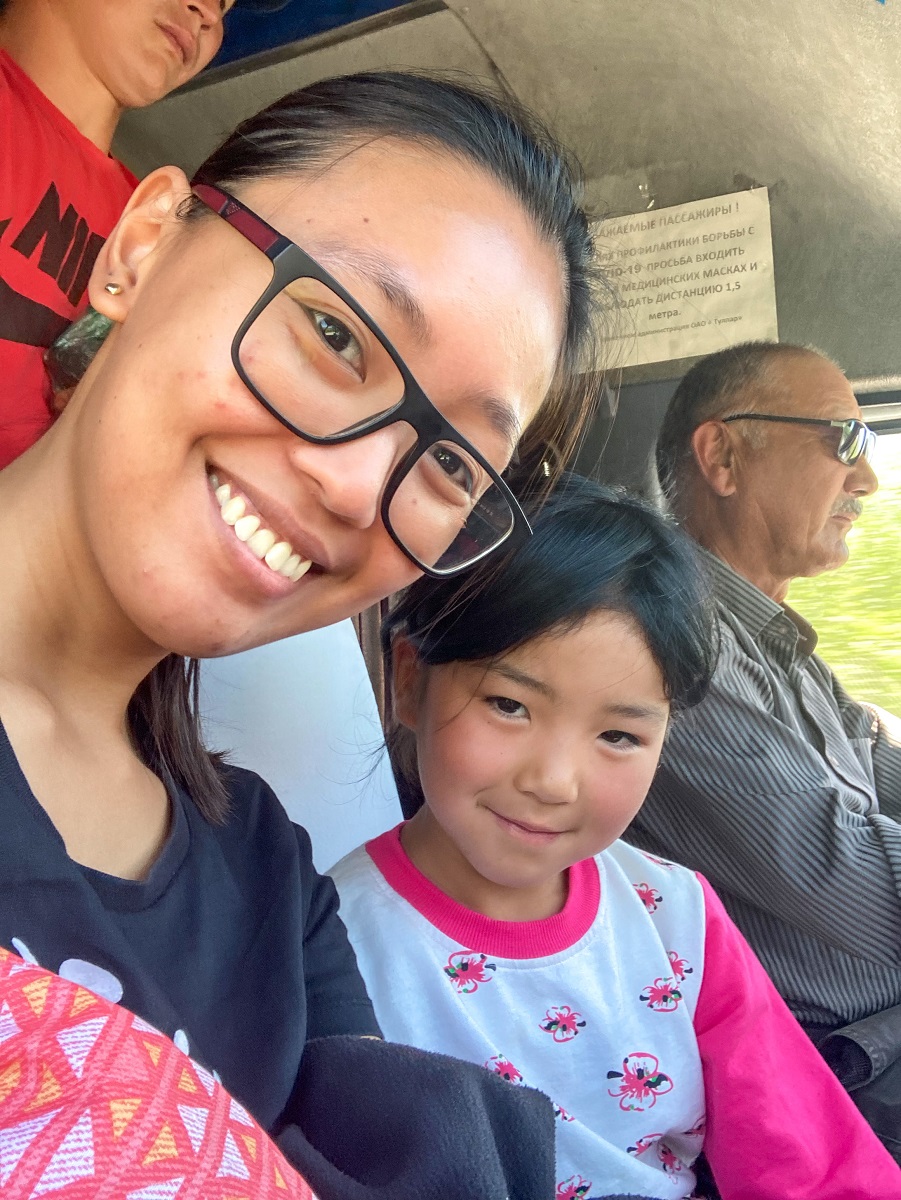
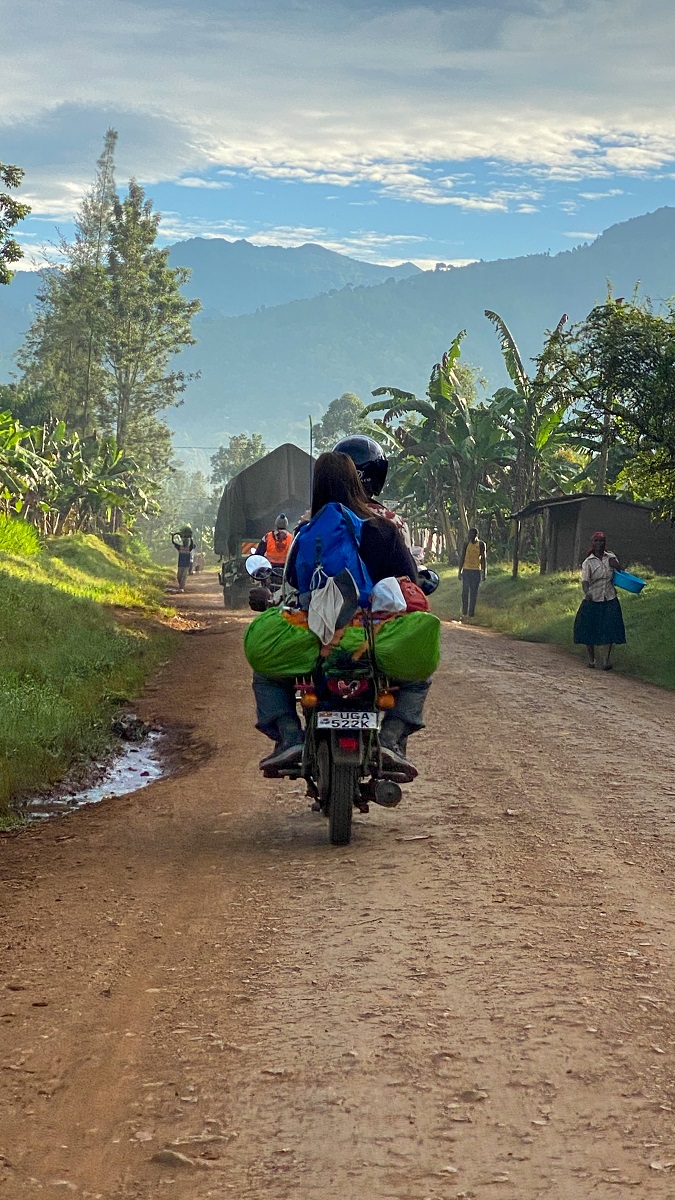
To Sum It Up...
Here’s a quick recap of the strategies and best practices I use to fund my travels:
- Research. Research everything about the destination you're planning to visit—not just the tourist spots, but also the culture, the local cost of living, and even the locals' way of life.
- Define Your Travel Budget. Make sure to tailor it to fit your activities and plans. Don't forget to always round up your expenses by 25% to account for inflation!
- Build Your Travel Fund. Set up a dedicated travel fund in your savings account, cut back on unnecessary expenses, and consider taking on freelancing projects or side gigs to add to your travel fund.
- Maximize Your Travel Fund. Stretch your hard-earned travel fund further by opting to stay in hostels, taking public transportation, joining group tours, and traveling during the off-season. These practices not only save money but also provide you with authentic and worthwhile experiences.
Remember, funding your travel isn't about having endless resources—it's about making the most of what you have, prioritizing what matters to you, and finding creative ways to make your travel dreams a reality. With determination, proper planning, and effective budgeting, your next adventure is closer than you think!
So, what are you waiting for? Start building your travel fund today! And if you have any questions, tips, or strategies of your own, feel free to share them in the comments below—I’d love to hear from you!



